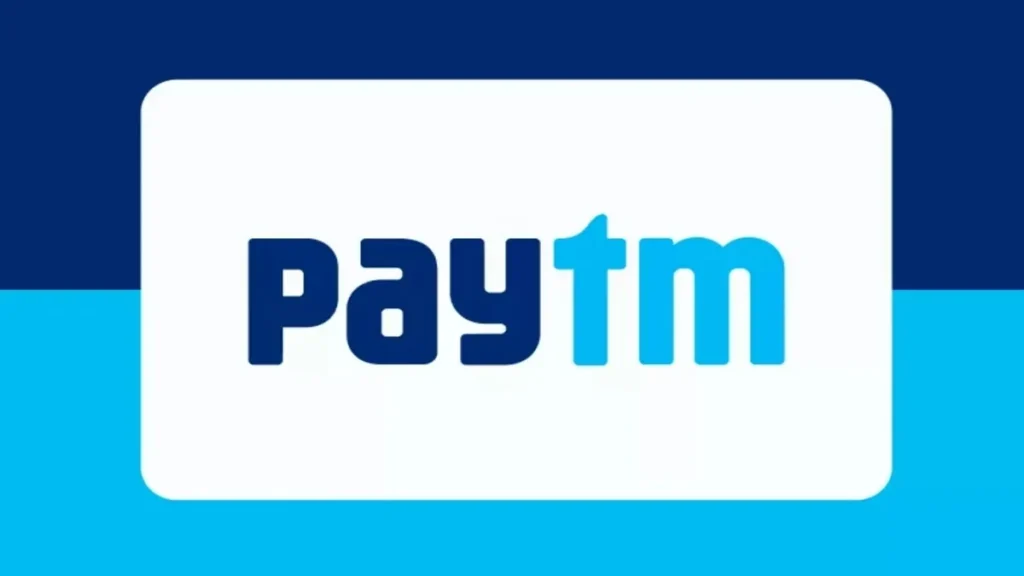In a significant development for Paytm, one of India’s leading digital payment platforms, the company’s shares surged, hitting the upper circuit, following the government’s approval for an investment in its payments arm. This move is seen as a major boost for Paytm, which has been striving to solidify its position in the competitive digital payments landscape of India.
Government Approval and Its Implications
The recent approval by the Indian government for an investment in Paytm Payments Bank Ltd. (PPBL) has led to a notable increase in Paytm’s stock value. This decision is not only a vote of confidence in Paytm’s business model but also a crucial step in strengthening the company’s financial stability and growth prospects. The approval allows Paytm to bring in fresh capital, which is expected to be utilized for expanding its payment services and enhancing its technological infrastructure.
Market Reaction
Following the government’s nod, Paytm’s shares witnessed a remarkable rise, hitting the upper circuit limit. This surge reflects the positive sentiment among investors and market analysts regarding Paytm’s future growth trajectory. The market’s reaction underscores the importance of regulatory approvals in the fintech sector, where government policies and endorsements play a pivotal role in shaping the business environment.
Strategic Importance of the Investment
The investment in Paytm’s payments arm is strategically significant for several reasons. Firstly, it will enable Paytm to scale its operations and cater to a larger customer base. With the influx of new capital, Paytm can invest in innovative technologies, enhance its payment infrastructure, and introduce new features to its platform. This, in turn, will improve the overall user experience and attract more customers to its ecosystem.
Secondly, the investment will help Paytm in diversifying its revenue streams. By expanding its range of financial services, Paytm can reduce its reliance on traditional payment transactions and explore new avenues for growth. This diversification strategy is crucial for sustaining long-term growth and mitigating risks associated with market fluctuations.
Competitive Landscape
The digital payments sector in India is highly competitive, with numerous players vying for market share. Companies like Google Pay, PhonePe, and Amazon Pay are continuously innovating and introducing new features to attract users. In this context, the investment in Paytm’s payments arm provides the company with a competitive edge. It equips Paytm with the necessary resources to stay ahead of the curve, adapt to changing market dynamics, and maintain its leadership position.
Moreover, Paytm’s strong brand recognition and extensive user base give it an advantage over its competitors. With the additional capital, Paytm can further strengthen its brand presence and engage in targeted marketing campaigns to retain existing users and acquire new ones.
Future Prospects
The government’s approval for investment in Paytm Payments Bank Ltd. marks a significant milestone in Paytm’s journey. It sets the stage for accelerated growth and expansion in the digital payments domain. As Paytm continues to innovate and enhance its services, it is poised to play a pivotal role in India’s digital economy.
The company’s focus on technological advancements, coupled with strategic investments, positions it well for the future. Paytm’s ability to adapt to evolving customer needs and regulatory changes will be key to its sustained success. With the fresh capital infusion, Paytm is better equipped to navigate the challenges of the competitive fintech landscape and emerge as a dominant player.
Conclusion
In conclusion, the surge in Paytm’s shares following the government’s investment approval is a testament to the company’s robust business model and growth potential. As Paytm leverages this investment to expand its services and infrastructure, it is well on its way to shaping the future of digital payments in India.

